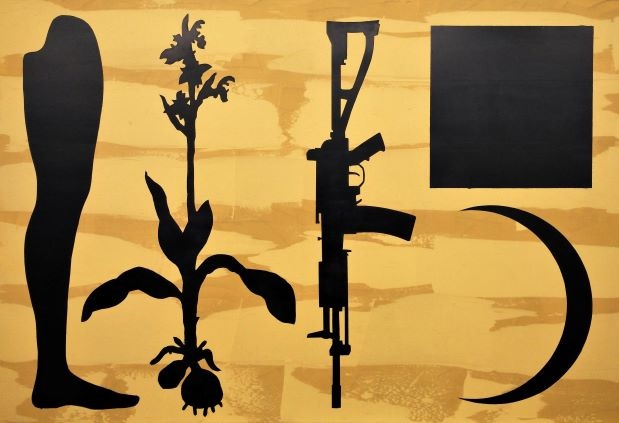
Curriculum and Continuing Education Program for Educators
The Hope Studies program addresses transitional justice. It reviews the way different countries and societies worldwide have coped with ending conflicts to examine how their experiences may be relevant and useful for us – here and now – as we develop a vision for a possible future of redress, reconciliation and justice. The program includes planning and completing projects in the area of pre-transitional justice (preparing for the end of the conflict) and studies about the Nakba and various aspects of the local conflict.
Curriculum Details
The curriculum is designed for grades 10-12. It includes 14 lesson plans (42 teaching hours) on transitional justice, conflict resolution in various countries, and the Israeli-Palestinian conflict past and present. Its practical aspect is the development of a civil initiative by the students to promote conflict resolution and implement mechanisms of transitional justice while the conflict is still ongoing. In addition to theoretical studies, the program includes group discussions, tours, films and project-based learning.
Transitional Justice
Transitional justice refers to research and public activities on how societies, states and the international community cope with a heritage of injustices and human rights violations. Recent years have seen the development of a broad range of legal and sociopolitical approaches to deal with a past of political violence and oppression and to promote reconciliation in societies torn apart by conflict. Major transitional justice institutes and practices include truth and reconciliation commissions, international courts, reparation and rehabilitation plans, institutional reforms, various models of commemoration, and civil and community truth and reconciliation initiatives.
Our Program
- Our program asks the following questions:
- What does transitional justice mean for us?
- What is the meaning of taking responsibility for the past? Is reconciliation possible without acknowledging past injustices?
- How can education promote transitional justice?
- How is transitional justice related to the Nakba? To the occupation? Are the Nakba and occupation the narrative of the Palestinian side, or ours?
- How does transitional justice challenge us, and what can we students do with this learning now, in the pre-transitional stage? Is it possible to set transitional justice processes in motion while the conflict is still ongoing? How?
- How can we offer hope for a positive future, despite the grim realities of the present?
To answer those questions, the program includes the following subjects and activities:
- Mechanisms of transitional justice, in theory and in practice – in Rwanda and South Africa
- The Israeli-Palestinian conflict from historical and present perspectives, including pre-statehood Zionist and Palestinian nationalism; colonialism and orientalism; the 1948 Nakba, the deportation of refugees and subsequent military government; the 1967 Naksa and subsequent occupation and Palestinian resistance; land expropriation, discrimination and racism, and more.
- Project-based learning: the students will design transitional justice mechanism appropriate for the local context and initiate civil action to promote transitional justice and bring the end of the conflict closer as part of their thinking about potential solutions.
Zochrot offers teachers interested in the project
- An extensive kit, including lesson plans and textual and visual reference materials
- Individual and group supervision throughout the academic year
- A tour in a Palestinian village or town destroyed in the Nakba
- Free access to our database, including testimonies, photos and archival materials
For further details and registration, please contact us at education@zochrot.org
image: Larry Abramson, Index I, 2017

